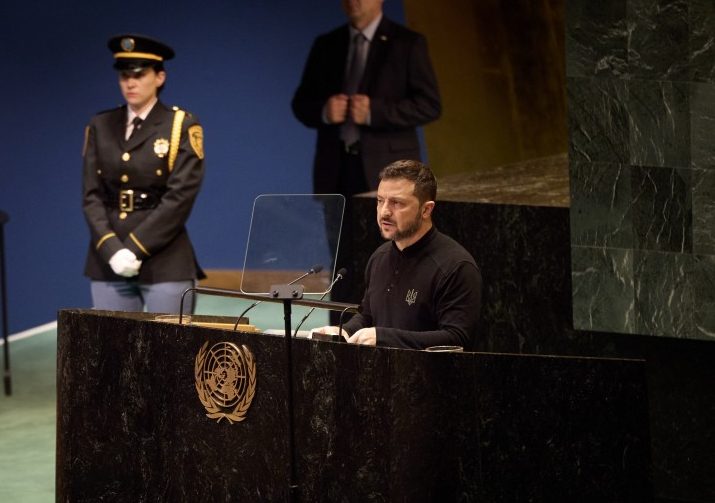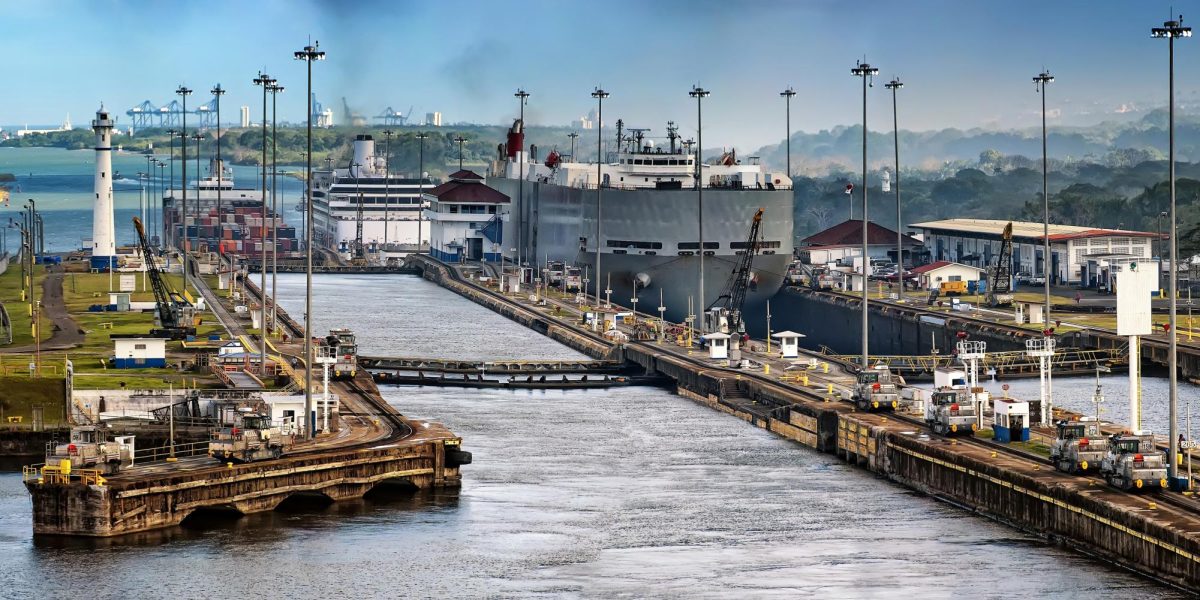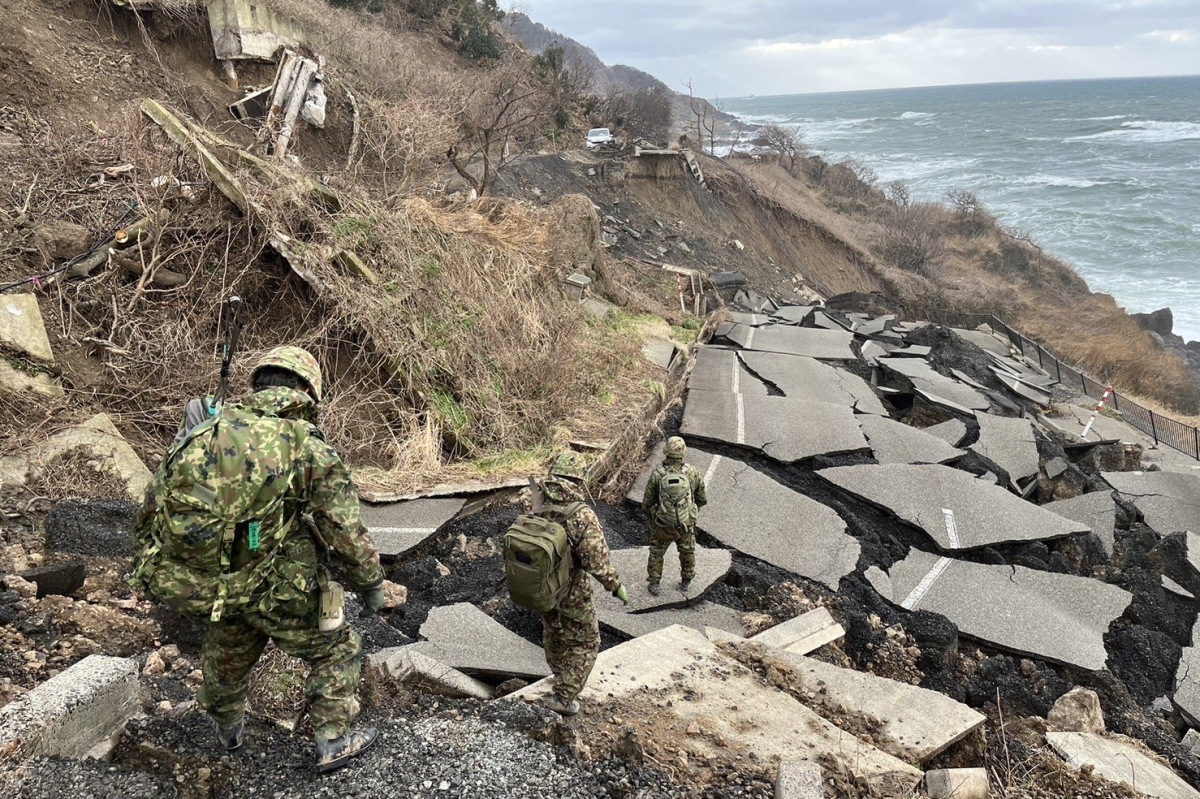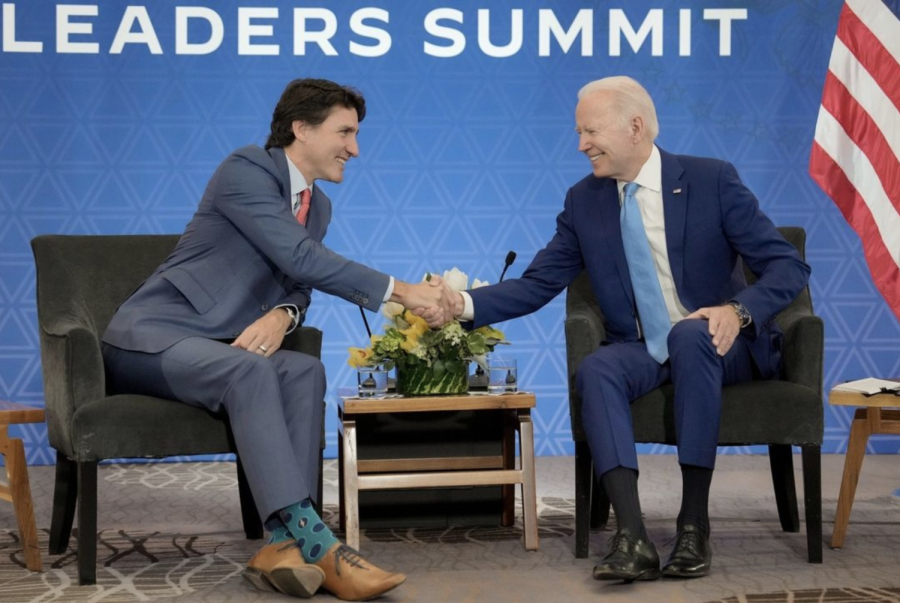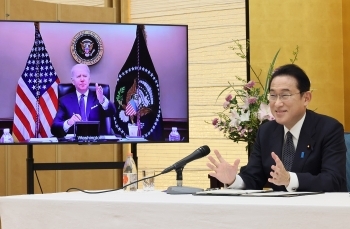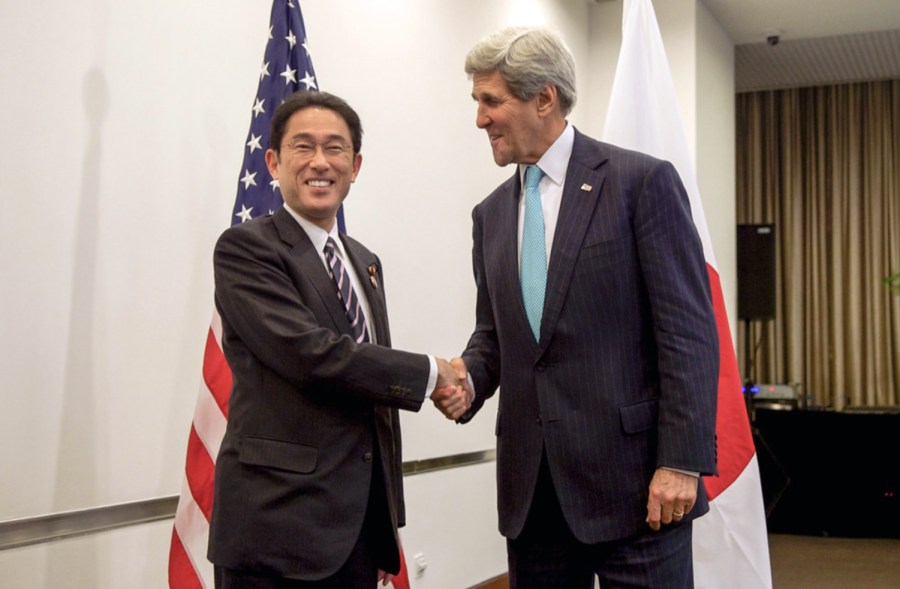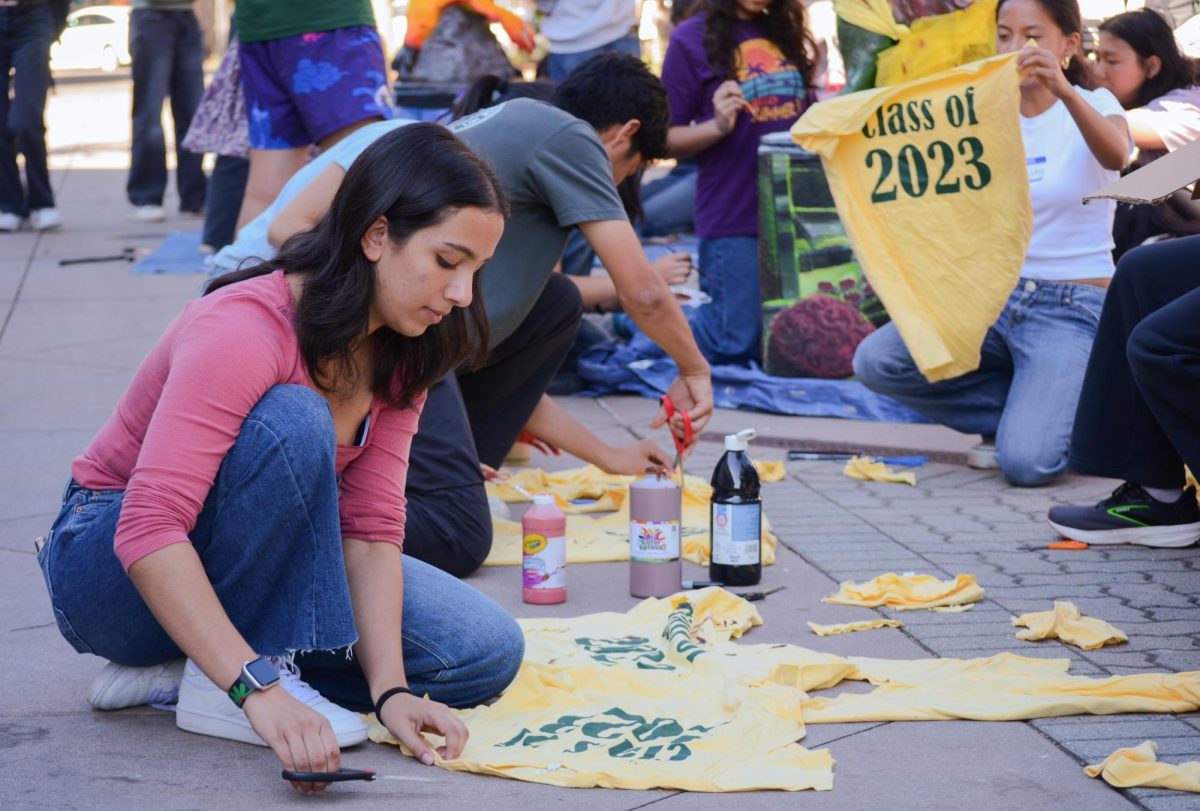Sweden becomes NATO’s 32nd member
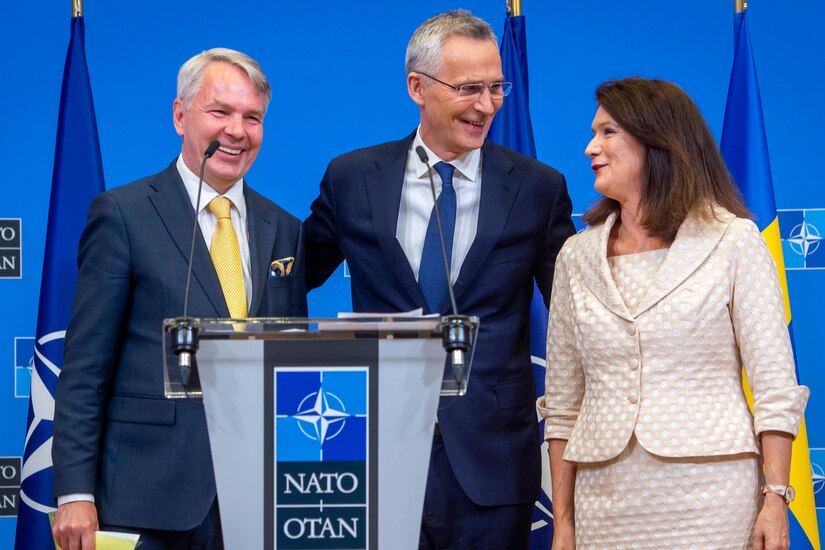
Sweden officially joined NATO on March 7, capping the country’s almost two-year long endeavor to join the organization. Hungary, the last nation to approve Sweden’s bid for NATO membership, did so on Feb. 26 while also passing a defense deal that includes a purchase of four fighter jets from Sweden.
“[Joining NATO] is a very natural step that we are taking,” Swedish Prime Minister Ulf Kristersson said at a conference in Stockholm. “NATO membership means that we’ve found a new home within a large number of democracies which work together for peace and freedom.”
Sweden and Finland submitted formal applications to join NATO in May 2022 following Russia’s invasion of Ukraine. Most NATO member countries quickly approved the bids, but Turkey waited until January 2024 to accept Sweden’s bid. Sweden and other NATO members have criticized the government of Hungarian Prime Minister Victor Orbán for curtailing media freedoms and possible corruption. According to Orbán, this criticism contributed to the delays Sweden faced during its application.
Haiti’s Prime Minister resigns, gangs attack capital

Haiti’s Prime Minister Ariel Henry resigned after facing intense pressure during an internal security crisis on March 12.
Gangs in Haiti’s capital Port-au-Prince stormed two large prisons in the city on March 2 and 3. Police in the city quickly responded but struggled to overpower the might of the gangs, who control most of the city. As a result, almost all of the 4,000 inmates in Haiti’s National Penitentiary escaped. The Haitian government declared a 72-hour state of emergency and ordered a curfew in response.
The most recent wave of violence in the country began on Feb. 29, the gangs launched an attack on the city’s international airport, killing four policemen. According to prominent gang leader Jimmy Chérizier, the attacks were perpetrated to prevent Henry, who was trying to gather support for a Kenya-led multinational force that would restore order, from returning. The violence has not yet subsided: as of March 20, gangs are still attacking communities in Port-au-Prince, including the wealthy Petion-ville.
Civilians in Gaza fired on in search for aid
Israeli troops fired on Palestinian civilians who were rushing to take food from a shipment of aid in Gaza City on Feb. 29 and left over 100 dead and 750 injured according to witnesses.
These killings were widely criticized among Arab nations, with neighboring countries demanding that the international community compel Israel to agree to a ceasefire. Israeli military officials defended the shootings, stating that most of the deaths were caused by a stampede for food, and the troops only fired on the crowd when they believed the stampede would reach them.
Palestinian ambassador to the U.N. Riyad Mansour accused Israel of firing with the intention of disrupting the flow of humanitarian aid into Gaza, and Arab nations submitted a statement to the U.N. blaming Israel for the deaths, which the U.N. rejected. President Joe Biden also expressed concern over the shootings, which could complicate ceasefire talks.
This shooting pushed the death toll in Gaza above 30,000, and according to the U.N., a quarter of Gaza’s 2.3 million residents face starvation.
Egypt floats currency as economic woes worsen

The value of the Egyptian pound sunk by 60% as the Central Bank of Egypt floated the country’s currency on March 6.
Floating its currency means that the Egyptian pound’s value is now determined by the supply and demand for the pound instead of the government. According to the Central Bank of Egypt, the move was designed to slow inflation in the long term and attract foreign investment. Egypt also struck a deal with the International Monetary Fund, which was created in the wake of the economic devastation following World War II, to increase its bailout loan.
“The authorities are showing strong commitment to act promptly on all critical aspects of their economic reform program,” IMF mission chief for Egypt Ivanna Vladkova Hollar said.
The Egyptian economy has struggled tremendously from decades-long government mismanagement and recent global conflicts like the war in Gaza. Furthermore, recent Houthi attacks on ships in the Red Sea have deterred ships from going to the Suez canal and greatly damaged Egypt’s revenue stream.
Senegal announces date of next election, easing doubts over democratic backsliding
The Senegalese government set their next election to occur on Friday after president Macky Sall said in early February that he would postpone the elections by up to 10 months.
Sall’s announcement outraged citizens, who took to the streets in protests. The Constitutional Council, the highest election authority in the country, blocked the move. Sall justified his decision by pointing out that many of the other candidates had been disqualified, but his opposition accused him of trying to retain presidential power for longer.
Concerns about democratic backsliding are especially unnerving to Western countries given West Africa’s instability. In August 2023, Niger overthrew its president in a coup, and multiple nations have left the Economic Community of West African States (ECOWAS) over ideological differences.


















![“[Building nerf blasters] became this outlet of creativity for me that hasn't been matched by anything else. The process [of] making a build complete to your desire is such a painstakingly difficult process, but I've had to learn from [the skills needed from] soldering to proper painting. There's so many different options for everything, if you think about it, it exists. The best part is [that] if it doesn't exist, you can build it yourself," Ishaan Parate said.](https://harkeraquila.com/wp-content/uploads/2022/08/DSC_8149-900x604.jpg)




![“When I came into high school, I was ready to be a follower. But DECA was a game changer for me. It helped me overcome my fear of public speaking, and it's played such a major role in who I've become today. To be able to successfully lead a chapter of 150 students, an officer team and be one of the upperclassmen I once really admired is something I'm [really] proud of,” Anvitha Tummala ('21) said.](https://harkeraquila.com/wp-content/uploads/2021/07/Screen-Shot-2021-07-25-at-9.50.05-AM-900x594.png)







![“I think getting up in the morning and having a sense of purpose [is exciting]. I think without a certain amount of drive, life is kind of obsolete and mundane, and I think having that every single day is what makes each day unique and kind of makes life exciting,” Neymika Jain (12) said.](https://harkeraquila.com/wp-content/uploads/2017/06/Screen-Shot-2017-06-03-at-4.54.16-PM.png)








![“My slogan is ‘slow feet, don’t eat, and I’m hungry.’ You need to run fast to get where you are–you aren't going to get those championships if you aren't fast,” Angel Cervantes (12) said. “I want to do well in school on my tests and in track and win championships for my team. I live by that, [and] I can do that anywhere: in the classroom or on the field.”](https://harkeraquila.com/wp-content/uploads/2018/06/DSC5146-900x601.jpg)
![“[Volleyball has] taught me how to fall correctly, and another thing it taught is that you don’t have to be the best at something to be good at it. If you just hit the ball in a smart way, then it still scores points and you’re good at it. You could be a background player and still make a much bigger impact on the team than you would think,” Anya Gert (’20) said.](https://harkeraquila.com/wp-content/uploads/2020/06/AnnaGert_JinTuan_HoHPhotoEdited-600x900.jpeg)

![“I'm not nearly there yet, but [my confidence has] definitely been getting better since I was pretty shy and timid coming into Harker my freshman year. I know that there's a lot of people that are really confident in what they do, and I really admire them. Everyone's so driven and that has really pushed me to kind of try to find my own place in high school and be more confident,” Alyssa Huang (’20) said.](https://harkeraquila.com/wp-content/uploads/2020/06/AlyssaHuang_EmilyChen_HoHPhoto-900x749.jpeg)



